During my younger years I recall going through various dietary phases. Vegan, Vegetarian, no fat, high protein-no carbs, to name a few. In tandem, I drank too much coffee, didn’t eat enough, and over-exercised to help me cope with daily stress. What I now realize is that extreme dietary measures were generally not helpful, in fact some were even detrimental to my health, and over-exercising and not addressing stress in a constructive manor is not healthy long term. These extreme approaches ended up hurting me. Not everyone might feel this way, I’m just expressing how extreme measures felt to me. I could go on and on about this topic but rather than doing that, today I am just touching on a few of my favorite takeaways. I hope you find something here that helps you and I’d love for you to share something that’s really helped you on your path to wellness.

It’s about what you do most of the time.
Yes, it’s what we eat and do most, not all of the time, that matters most. So go ahead and mix things up. Variety is always a good idea and if you feel like indulging, go for it and get right back on your healthy, whole food meal plan.
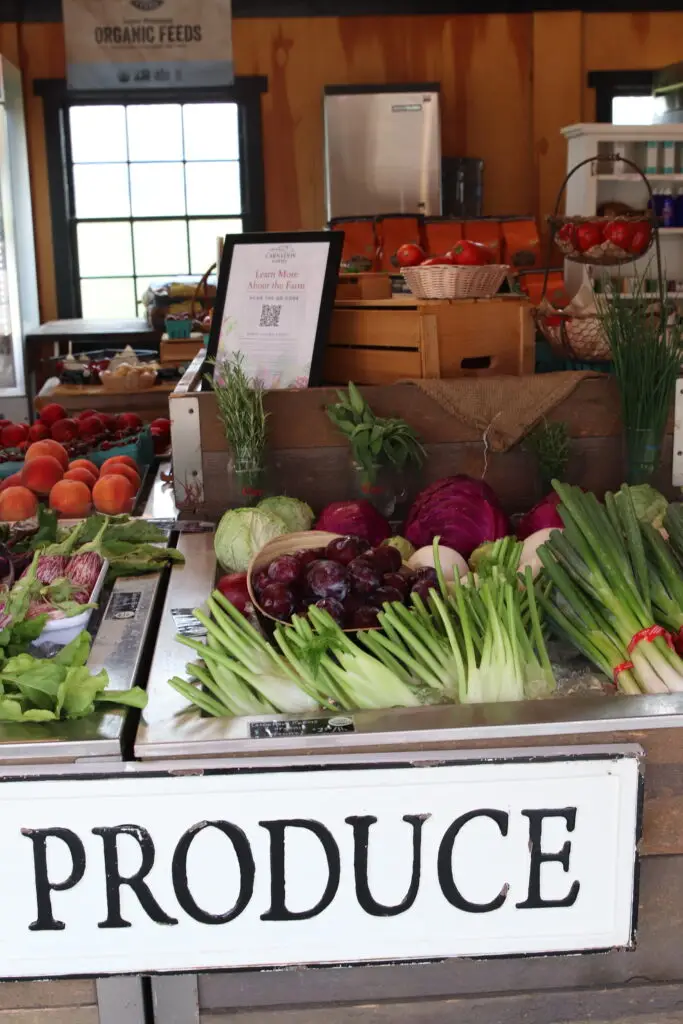
Up the vegetables
Looking at your plate, you should see 1/2 veggies (cooked and/or raw with olive oil or butter), 1/4 protein, 1/4 starch/carbohydrate (potato, pasta, bread, etc). The vegetable portion should take up most of your plate. Does that make sense?

BONE BROTH
Bone broth is filled with all kinds of nutrients and improves gut health, important for a healthy immune system and digestion. You can easily make your own bone broth (my recipe) or one of my favorites to purchase on line is Kettle and Fire.
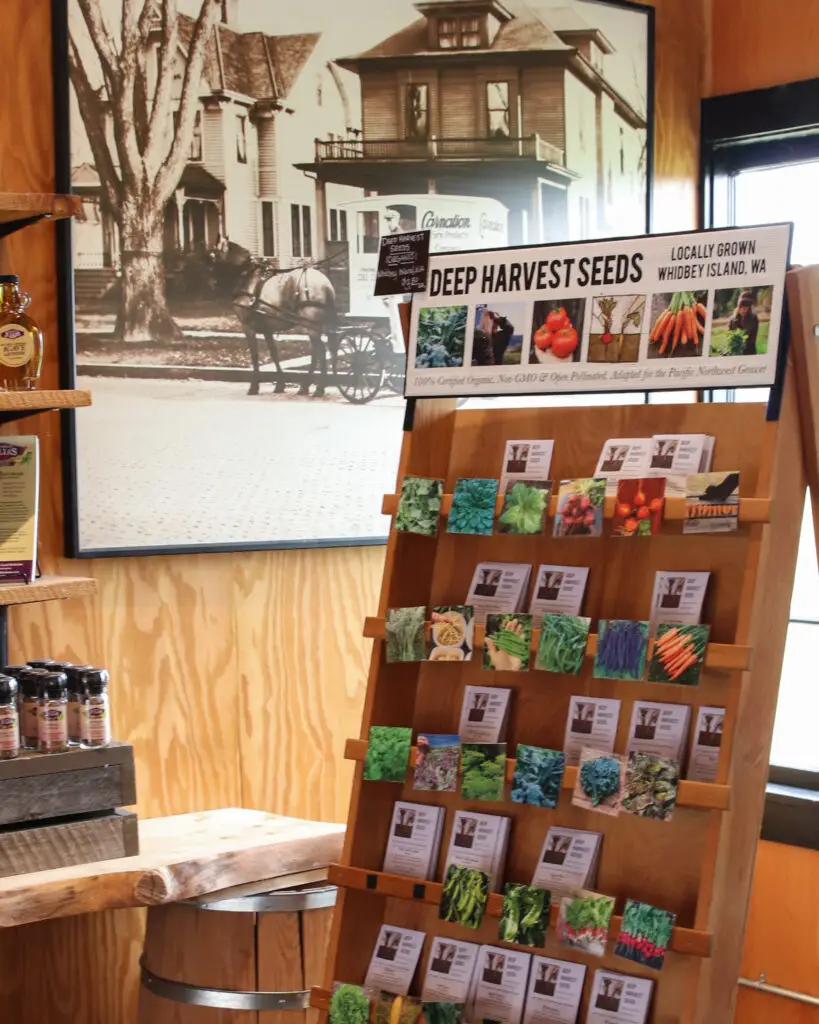
Include FATS in moderation
I’m talking olive, avocado, and coconut oil. We also enjoy grass-fed butter and ghee. Fats are important for a vitamin absorption so it’s a good idea to include fats in moderation with your meals.
Introduce wild caught fish
We try to prepare wild caught salmon, cod, or halibut two or three times a week. If you don’t have access to fresh, wild caught fish, try canned. Sardines on crackers or salmon salad on freshly baked bread is delicious.
Buying locally sourced organic or sustainably produced food
In today’s world we are exposed to lots of toxins, heavy metals. and free radicals, all of which pose health problems over the long term. There’s no escaping all toxins but we can certainly reduce our exposure and increase our awareness and attempt to reduce exposure. Garden herbs are healthy and it’s a good idea to include them when possible. Cilantro, blueberries, garlic, green tea, and spirulina are supposedly helpful with regards to removal of heavy metals.
Don’t get carried away with supplements
Nothing replaces a healthy diet. When choosing veggies, choose different colors (think rainbow!) Each vegetable contains something different that your body needs so switch things up. Include lean protein – pasture raised, grass-fed when possible, along with wild caught fish. If you choose to be vegan of vegetarian make sure you’ve done your research and are getting all necessary amino acids, vitamins, and minerals that you would recieve if you included meat, chicken, or fish.

Treats should be labeled as such
Watch your sugar intake! Besides the obvious, cakes, cookies, and candy, sugar is pre-prepared foods, bread, cereal and the like. Starch foods break down into sugar and alcohol will also cause an insulin spike like sugar. For my sugar cravings I reach for a couple bits of dark chocolate. I also enjoy pie and cake however that’s not something we have daily.




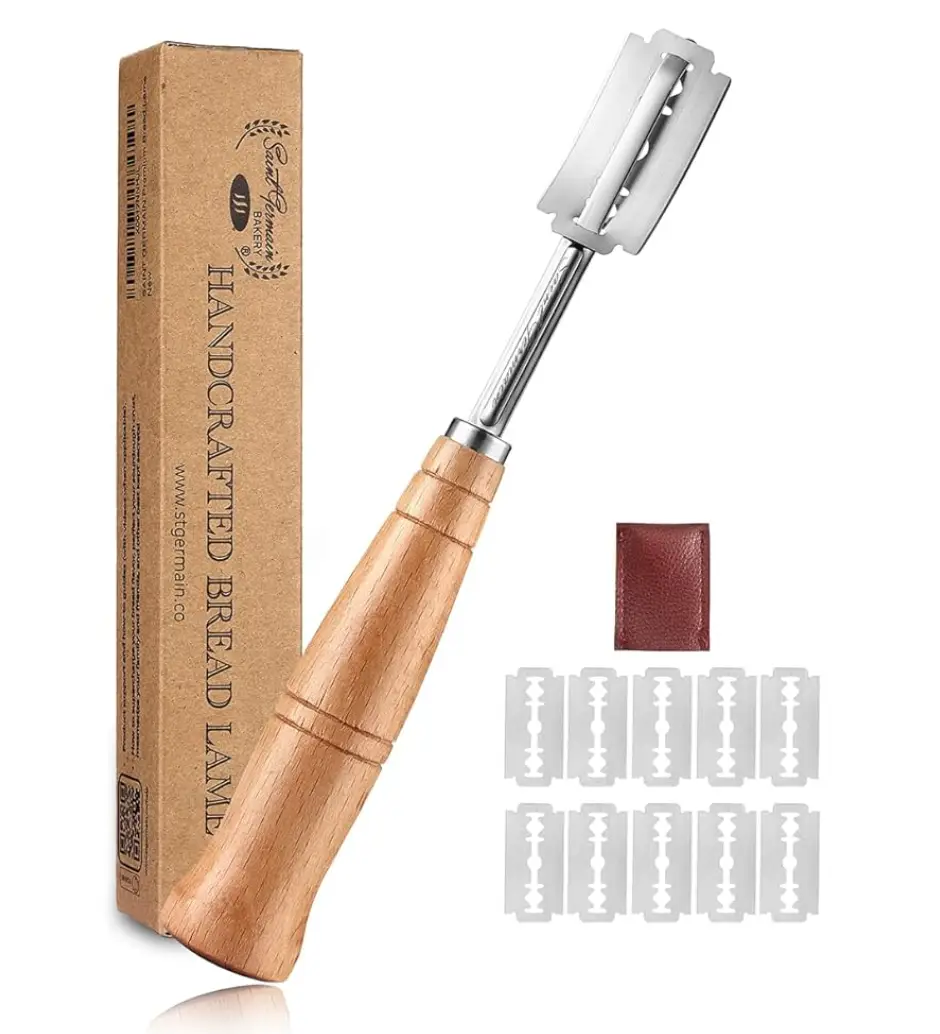
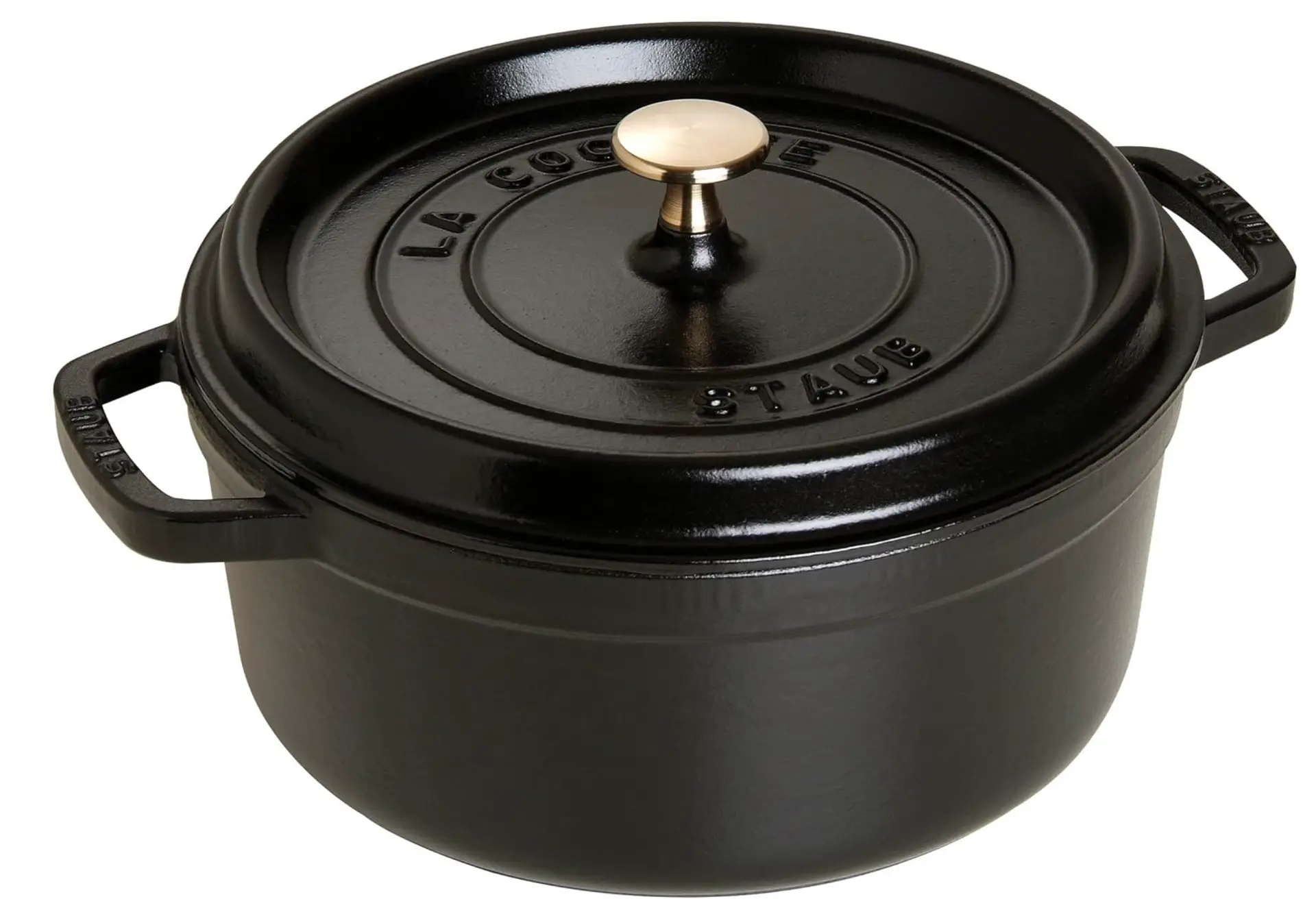
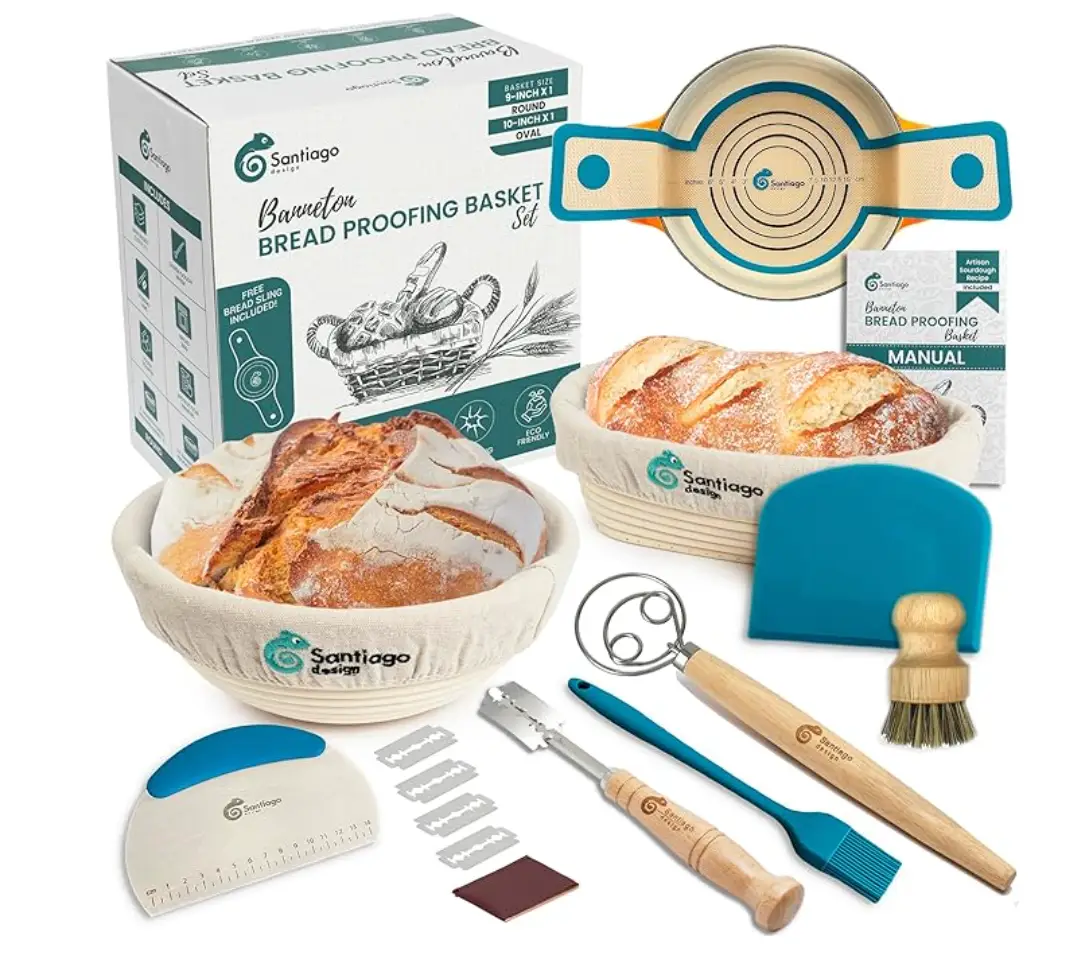
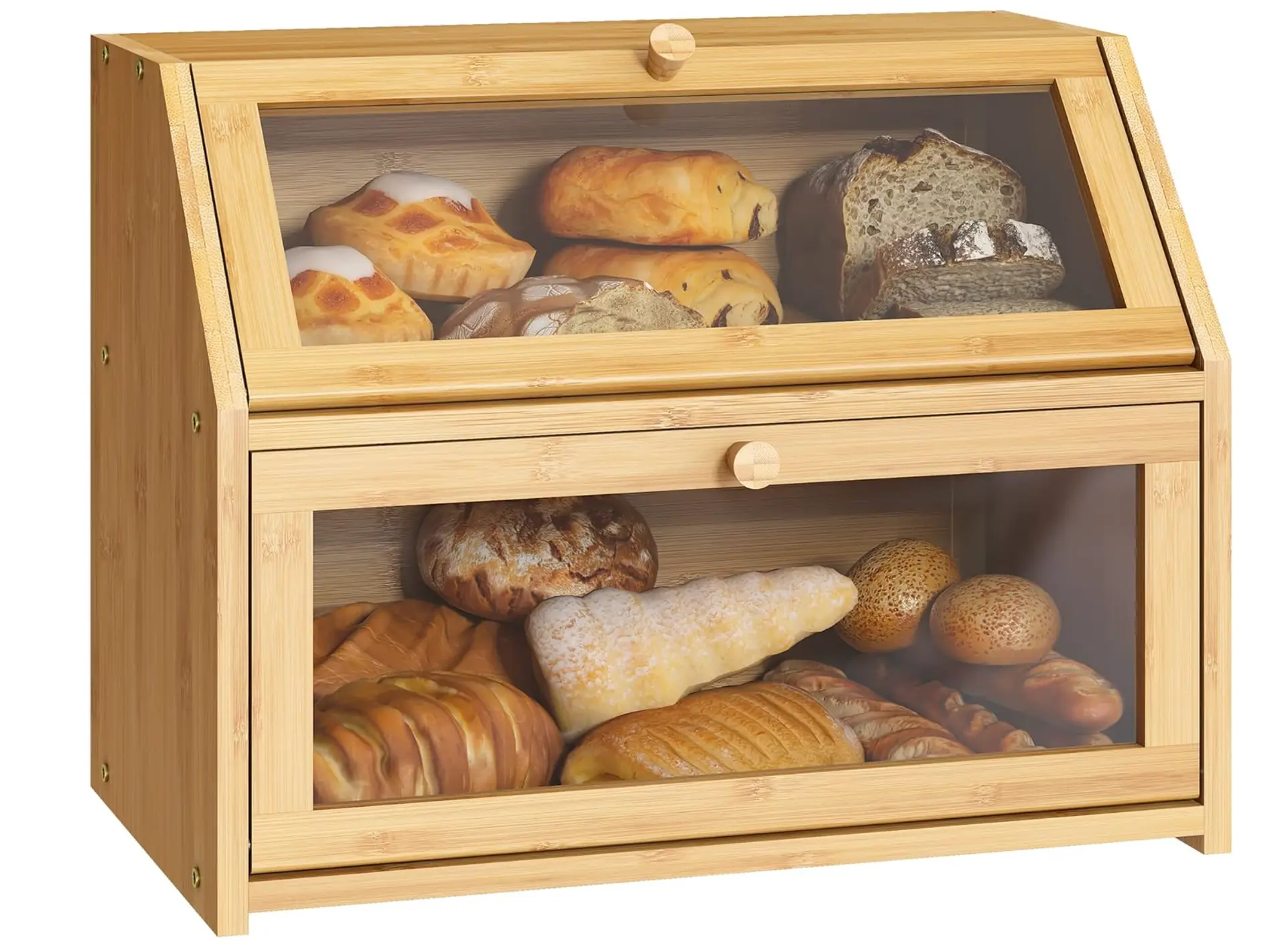
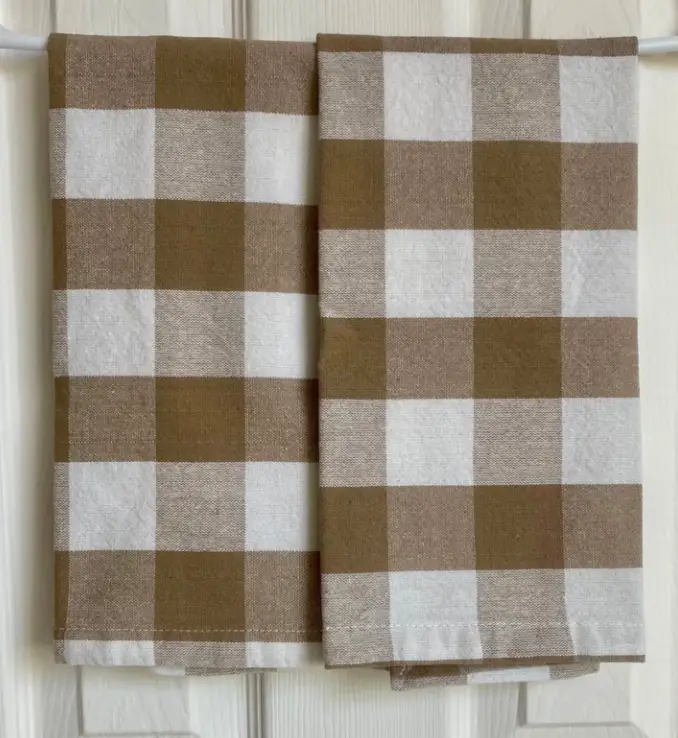
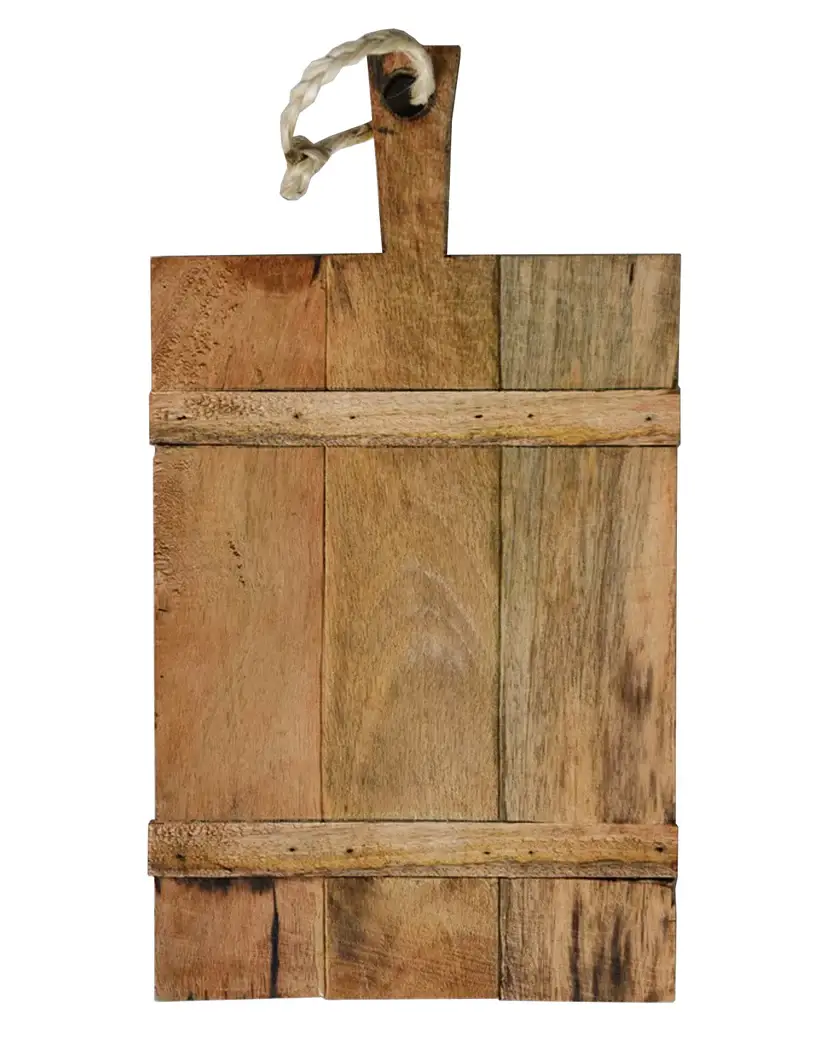
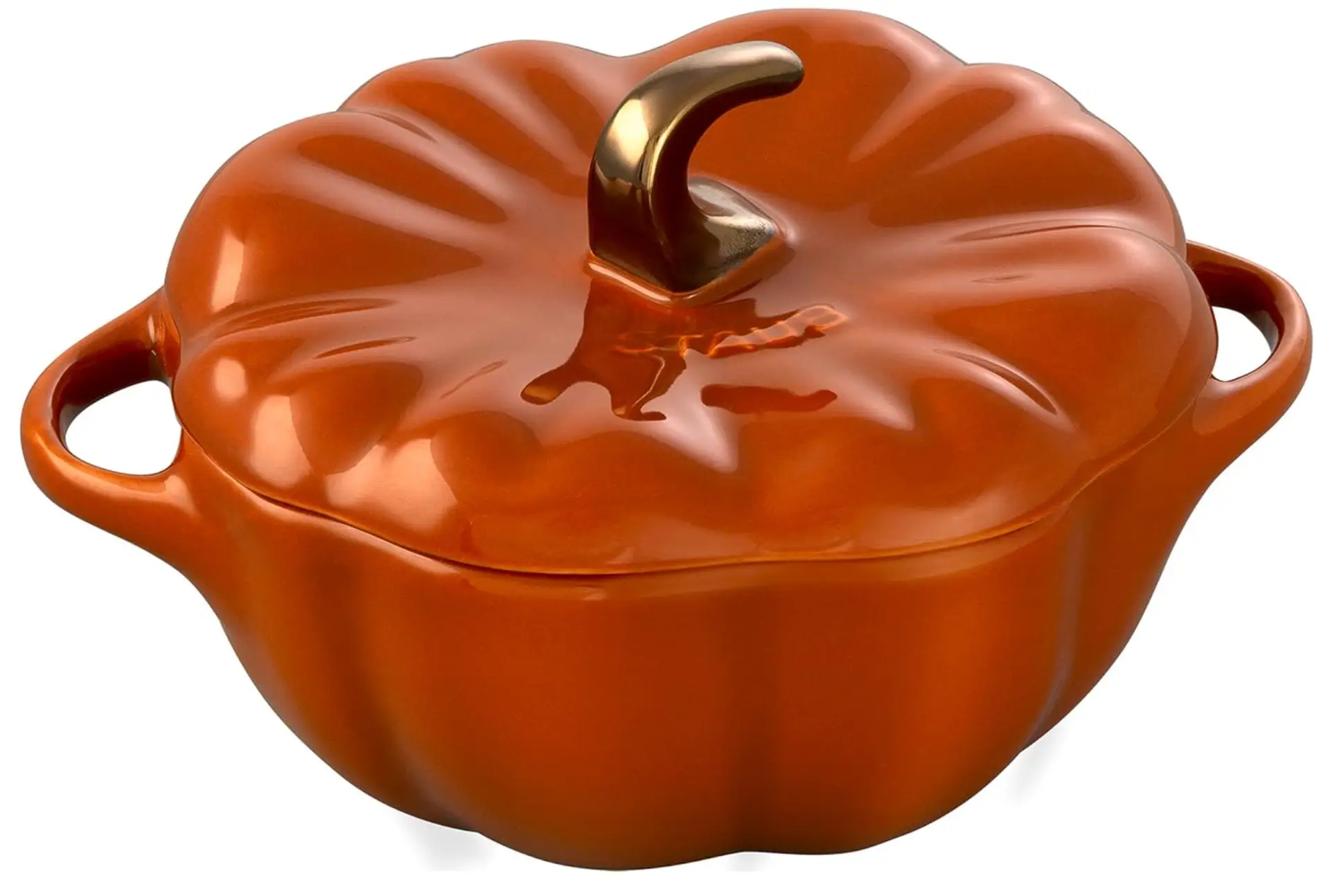
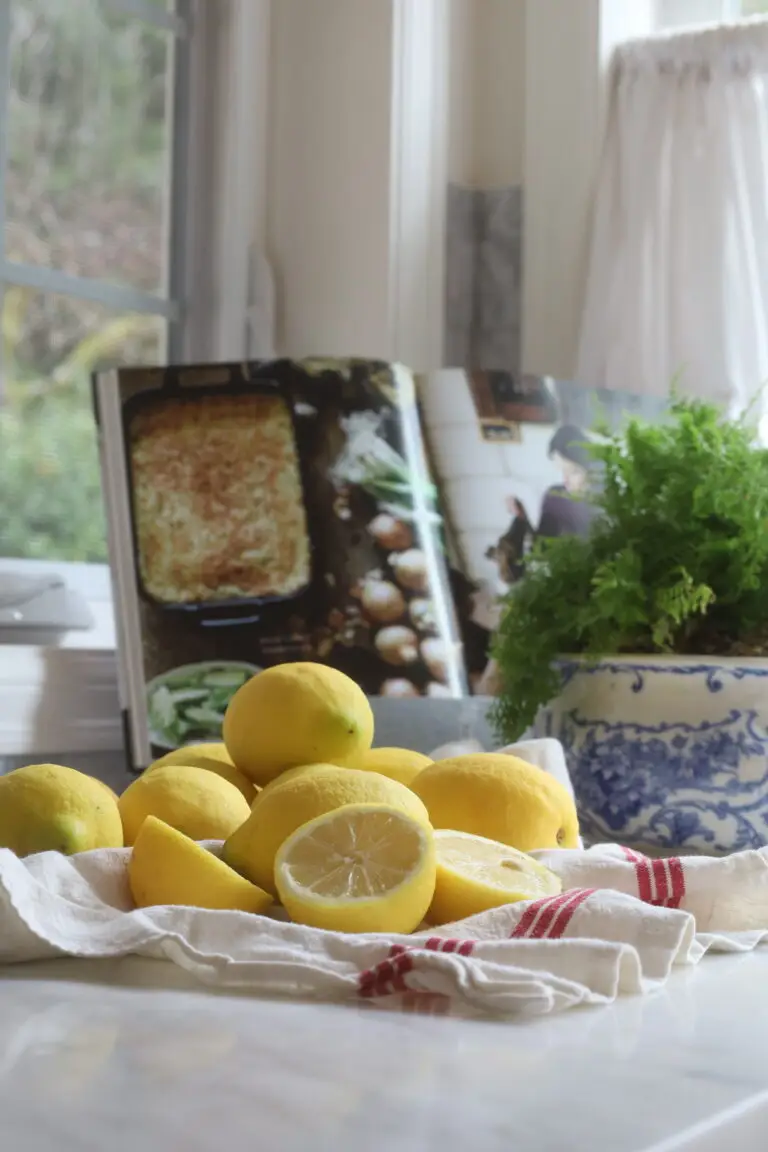

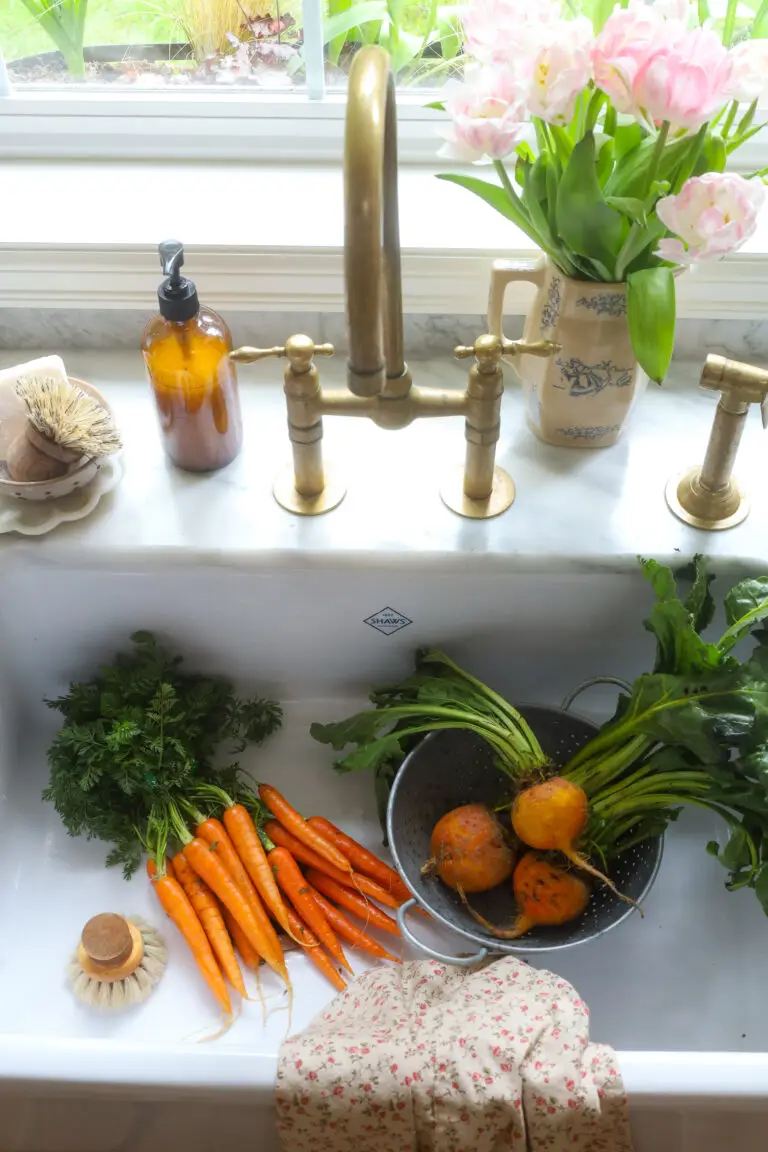

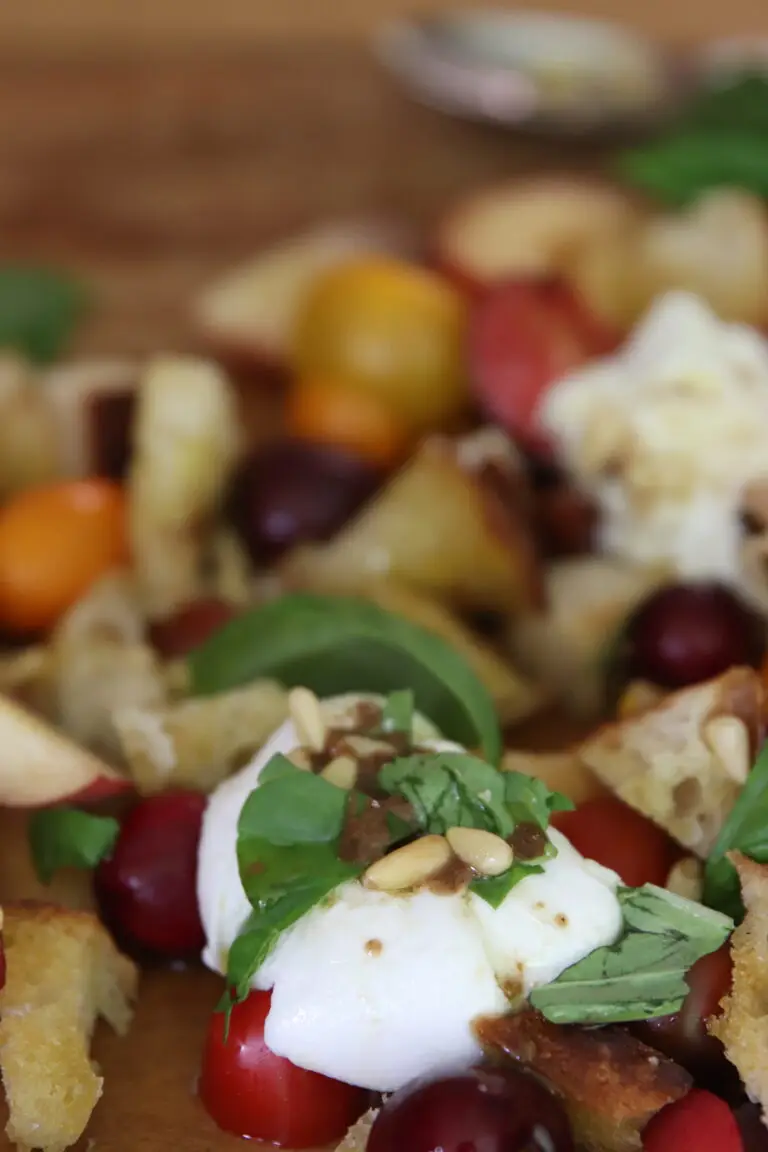
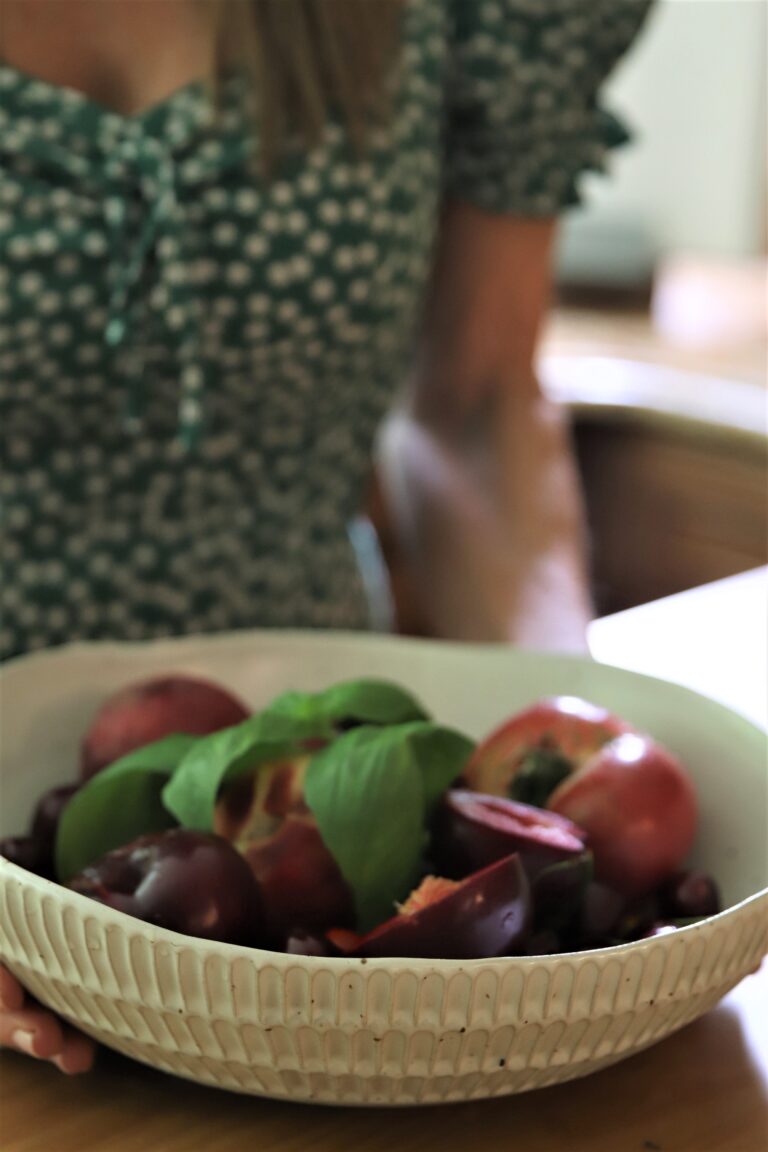



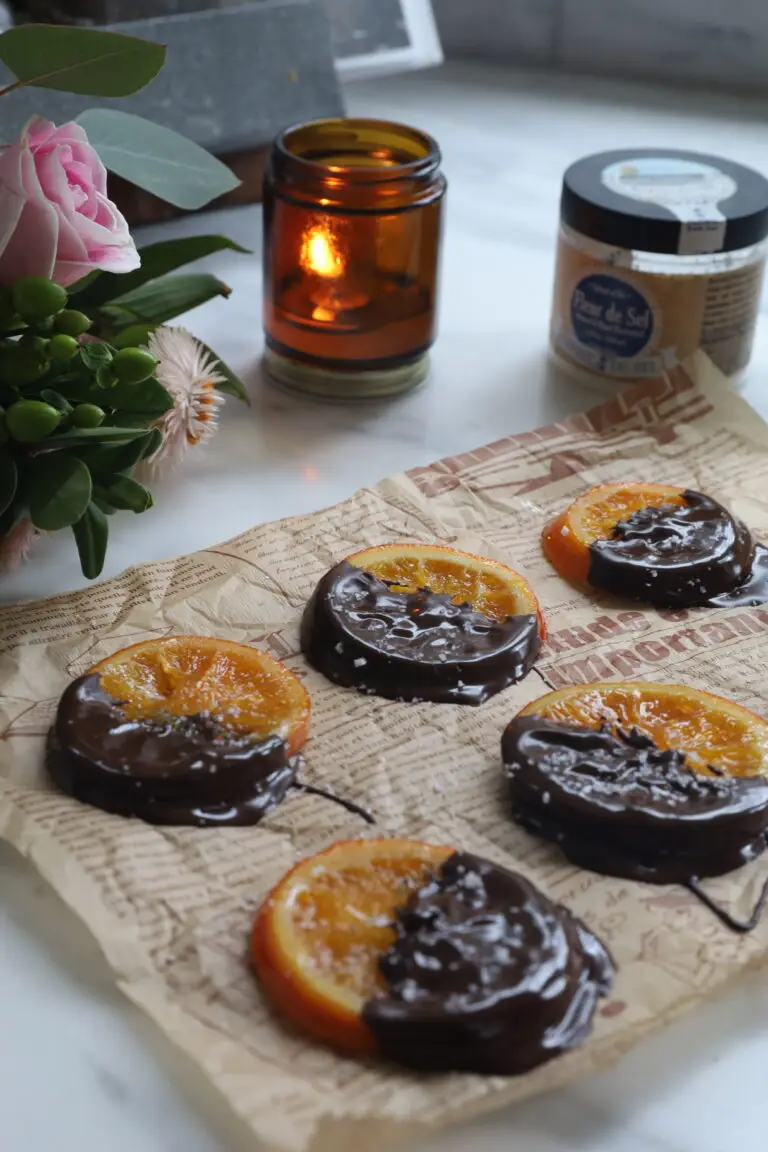

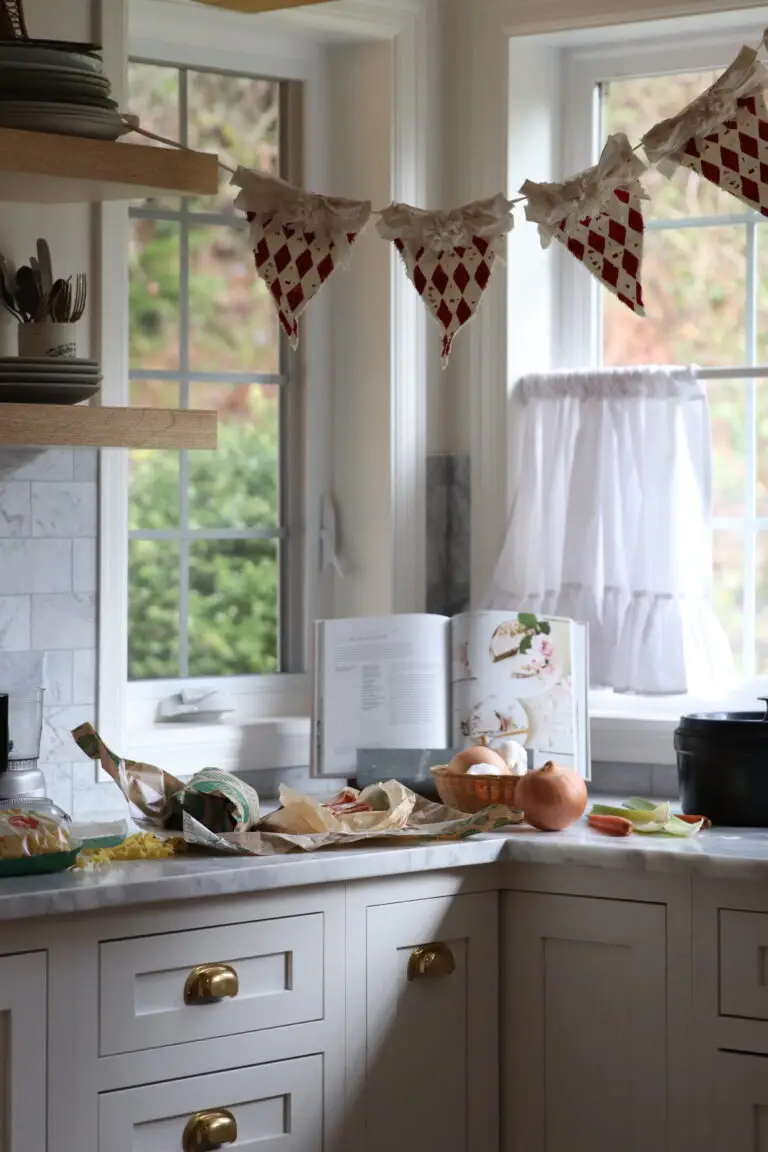
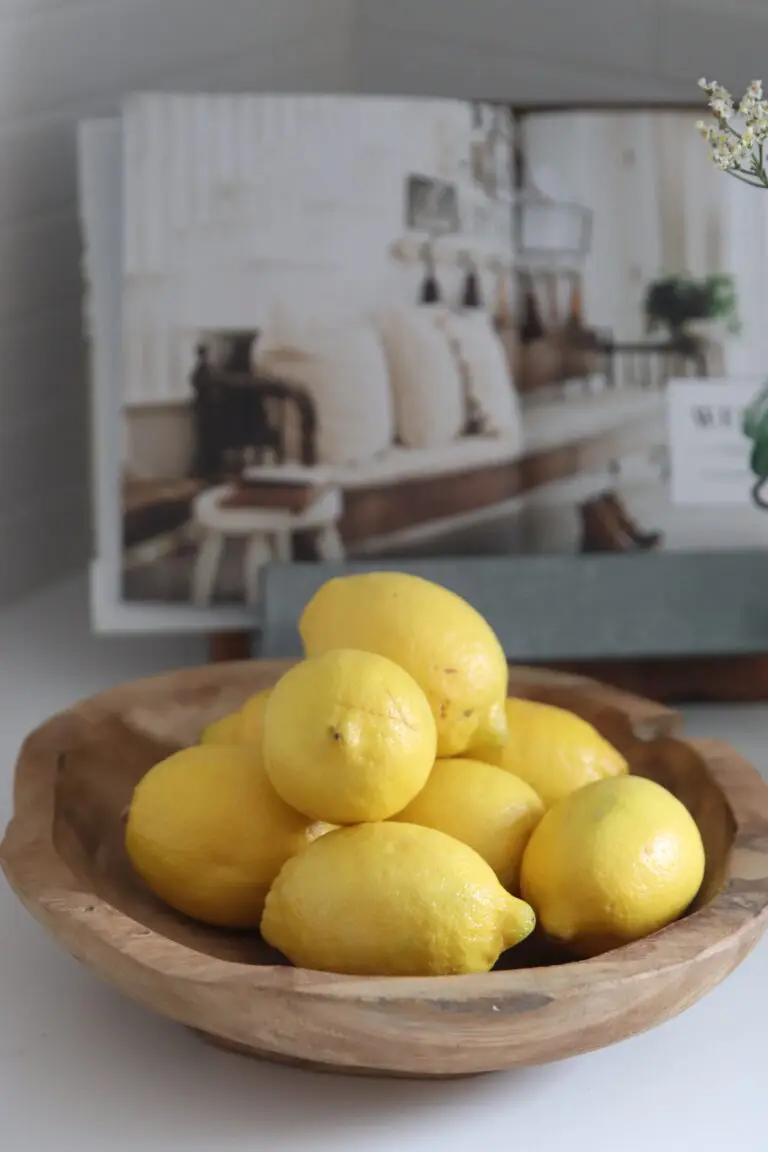
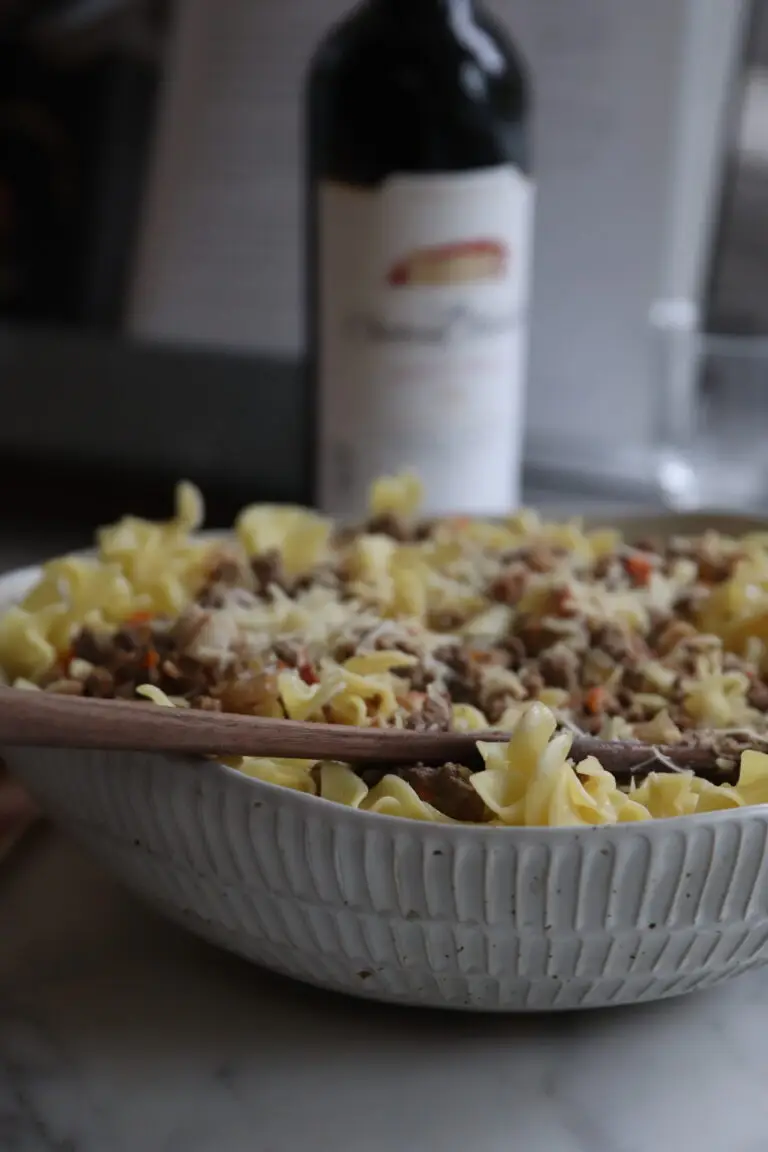
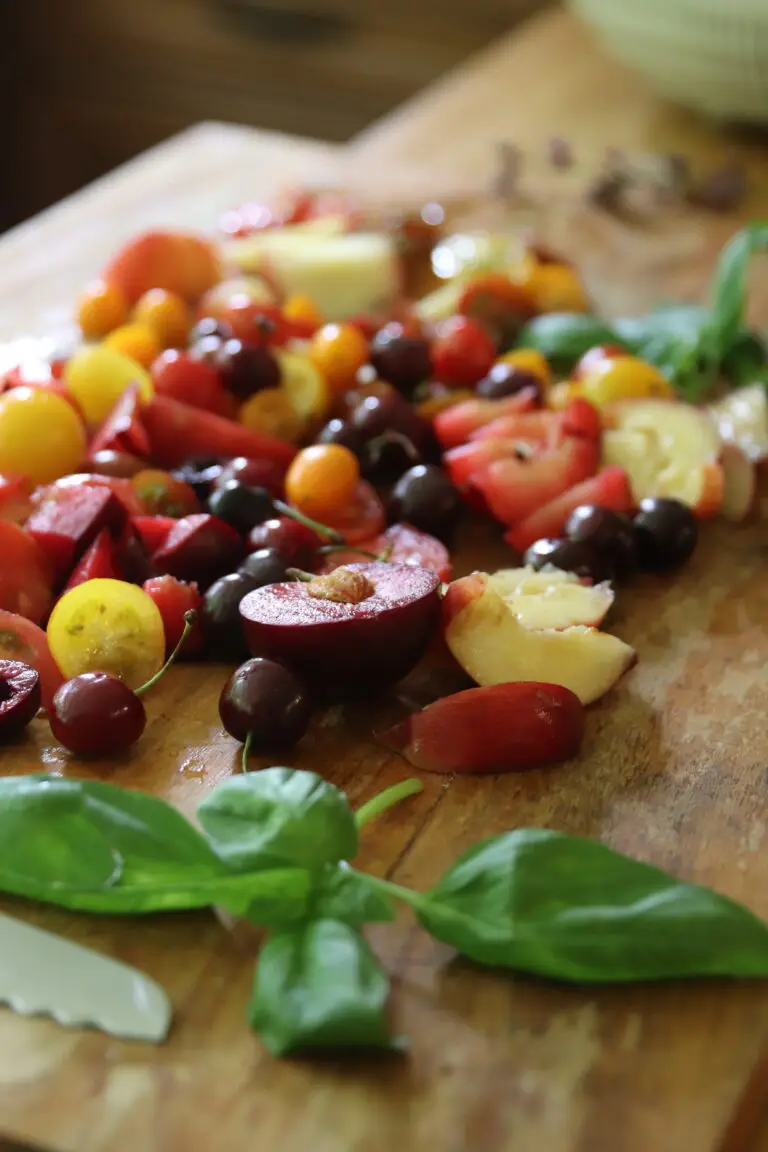
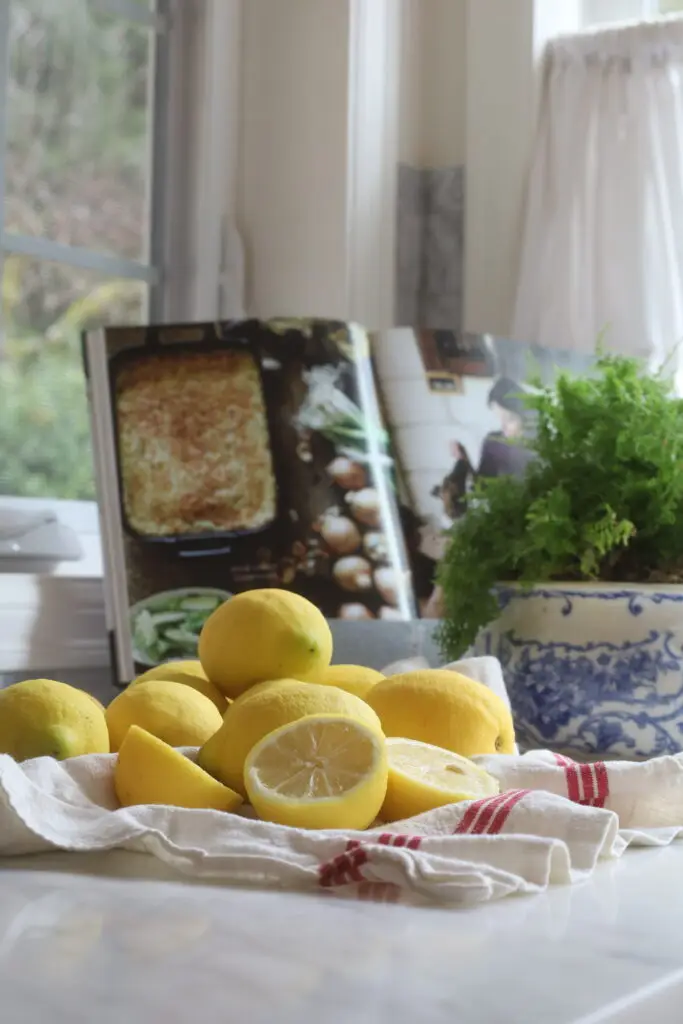

One Response